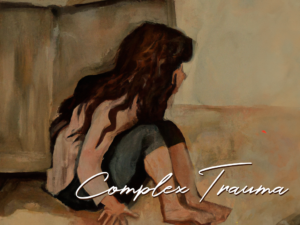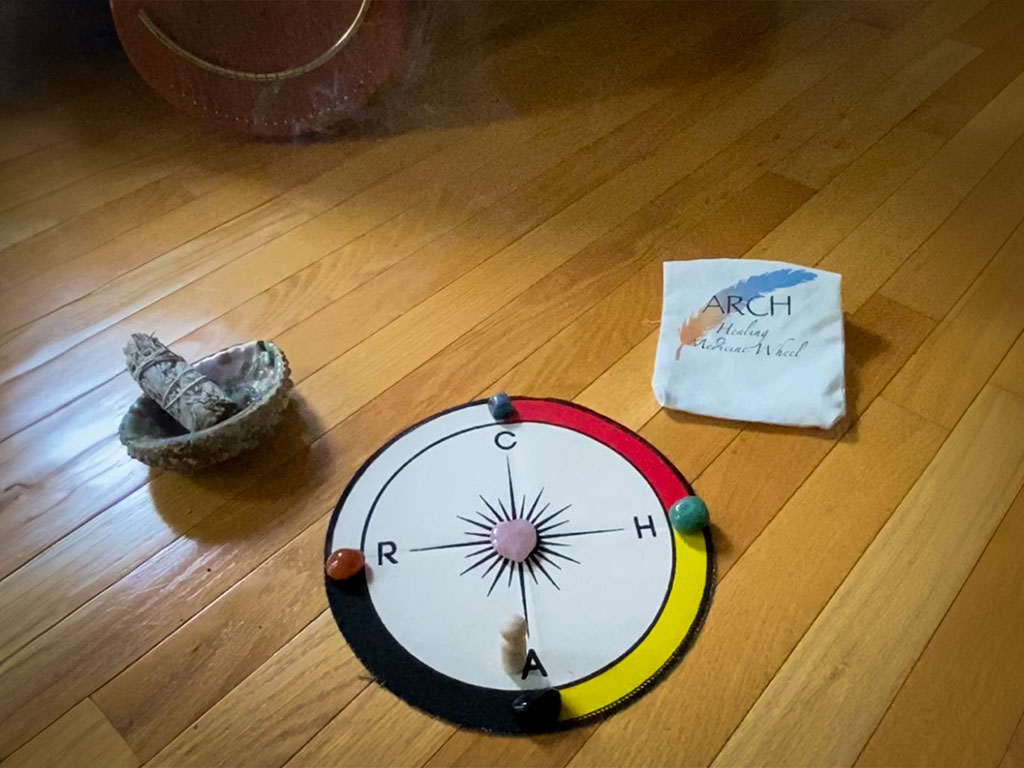 Complex trauma, unlike single-incident trauma, involves repeated and prolonged exposure to traumatic events, often occurring in the context of close, interpersonal relationships. This type of trauma profoundly affects an individual’s mental, emotional, and physical well-being. Experts like Dr. Janina Fisher and Dr. Bessel van der Kolk have made significant contributions to our understanding of complex trauma and its holistic treatment.
Complex trauma, unlike single-incident trauma, involves repeated and prolonged exposure to traumatic events, often occurring in the context of close, interpersonal relationships. This type of trauma profoundly affects an individual’s mental, emotional, and physical well-being. Experts like Dr. Janina Fisher and Dr. Bessel van der Kolk have made significant contributions to our understanding of complex trauma and its holistic treatment.
What is Complex Trauma?
Complex trauma refers to the chronic, pervasive impact of experiencing multiple traumatic events, often of an interpersonal nature, such as abuse, neglect, or domestic violence. It is characterized by:
– Emotional dysregulation: Difficulty managing and expressing emotions.
– Altered self-perception: Feelings of helplessness, shame, and guilt.
– Interpersonal difficulties: Challenges in forming and maintaining healthy relationships.
– Somatic symptoms: Physical ailments and conditions often without a clear medical cause.
– Dissociation: A disconnection from thoughts, feelings, and memories, serving as a coping mechanism.
The Teachings of Janina Fisher, PhD
Dr. Janina Fisher, a renowned psychologist and trauma expert, emphasizes the importance of understanding the neurobiological impact of trauma. Her approach integrates the latest findings in neuroscience with traditional therapeutic practices to address the complex and multifaceted nature of trauma.
Key Concepts from Janina Fisher
1. Fragmentation and Integration: Trauma often causes fragmentation within the self, leading to dissociation and internal conflict. Healing involves integrating these fragmented parts, helping individuals reconnect with their emotions and memories in a safe and controlled manner.
2. Sensorimotor Psychotherapy: Fisher advocates for the use of body-centered approaches, recognizing that trauma is stored not just in the mind but in the body. Sensorimotor Psychotherapy helps clients process traumatic memories through physical sensations and movements, facilitating a holistic recovery.
3. Understanding and Compassion: Fisher stresses the importance of creating a therapeutic environment grounded in understanding and compassion. This approach helps clients feel safe and supported as they navigate their healing journey.
The Teachings of Bessel van der Kolk, MD
Dr. Bessel van der Kolk, a leading figure in trauma research and therapy, has profoundly shaped our understanding of how trauma impacts the brain and body. His seminal work, “The Body Keeps the Score,” delves into the neurobiological changes brought about by traumatic stress and the importance of addressing these changes for effective healing.
Key Concepts from Bessel van der Kolk
1. The Body-Mind Connection: Van der Kolk emphasizes that trauma is not just a psychological phenomenon but one that affects the entire body. Traumatic experiences can alter the brain’s wiring, particularly in areas related to pleasure, engagement, control, and trust. Healing requires addressing these physical changes through interventions that engage both the body and mind.
2. Neuroplasticity and Healing: One of van der Kolk’s crucial contributions is the concept of neuroplasticity – the brain’s ability to reorganize itself. He advocates for therapeutic practices that harness this ability, such as mindfulness, yoga, and EMDR (Eye Movement Desensitization and Reprocessing), to help rewire the brain and promote healing.
3. Somatic Experiencing: Like Fisher, van der Kolk underscores the importance of somatic therapies. Techniques that focus on bodily sensations and movements can help individuals process and release trauma stored in their bodies, leading to comprehensive and lasting recovery.
The Importance of Understanding Complex Trauma for Holistic Healing
Understanding complex trauma is crucial for facilitating holistic healing, which addresses the mind, body, and spirit. Both Janina Fisher and Bessel van der Kolk advocate for a comprehensive approach that recognizes the interconnectedness of these aspects of well-being.
Emotional and Psychological Healing
Addressing complex trauma requires therapeutic interventions that help individuals process their emotions, reframe their self-perception, and develop healthy coping mechanisms. Cognitive Behavioral Therapy (CBT), Dialectical Behavior Therapy (DBT), and trauma-focused therapies are effective in addressing the psychological impact of trauma.
Physical Healing
Given that trauma is stored in the body, incorporating physical healing practices is essential. Somatic therapies, yoga, and mindfulness practices help individuals reconnect with their bodies, release stored trauma, and develop a sense of safety and control.
Spiritual Healing
Trauma can profoundly affect one’s sense of self and connection to the world. Spiritual healing practices, such as meditation, nature therapy, and expressive arts, can help individuals find meaning, purpose, and a sense of inner peace.
Creating a Safe and Supportive Environment
A key element in healing from complex trauma is the creation of a safe and supportive therapeutic environment. This involves building trust, fostering compassion, and encouraging self-acceptance. Therapists must be attuned to the unique needs of trauma survivors and provide a space where they can feel understood and supported.
Conclusion
Understanding and addressing complex trauma is essential for holistic healing. The teachings of experts like Janina Fisher and Bessel van der Kolk highlight the need for a comprehensive approach that integrates emotional, psychological, physical, and spiritual healing. By recognizing the profound impact of trauma on the mind and body, and utilizing therapies that address this interconnectedness, we can support individuals on their journey to recovery and well-being.






